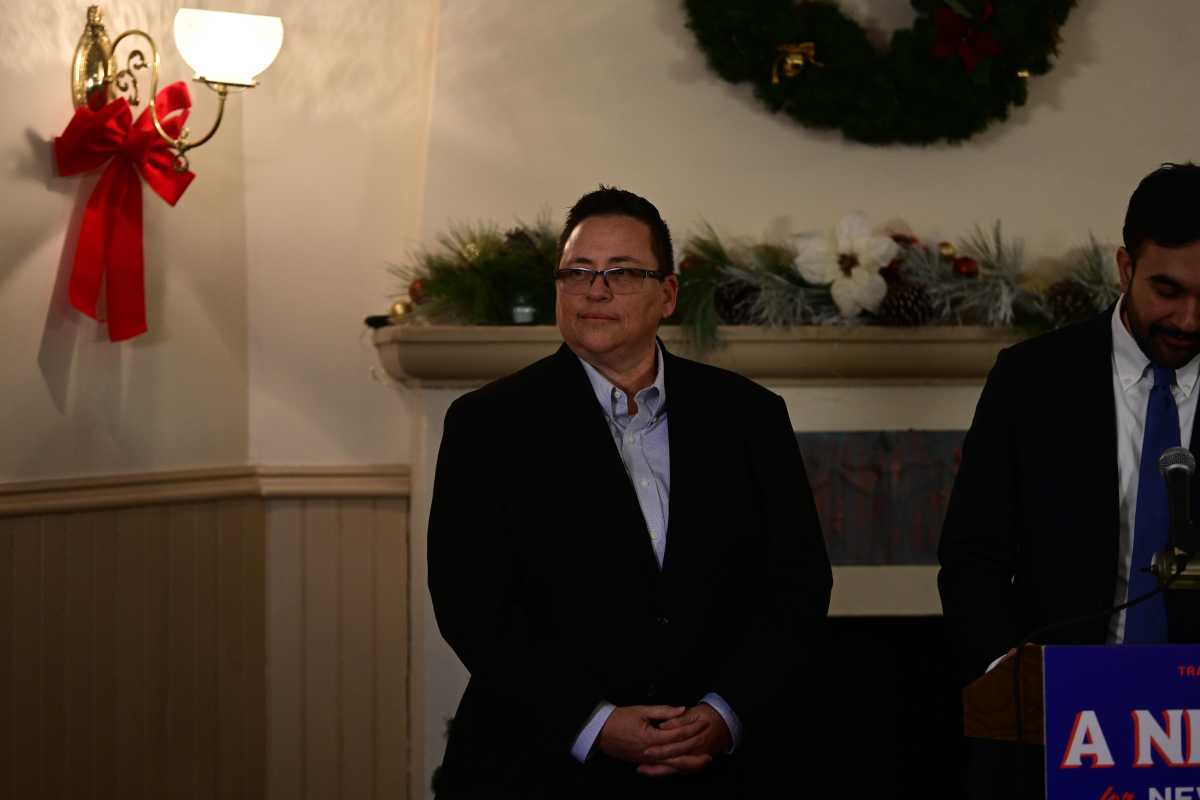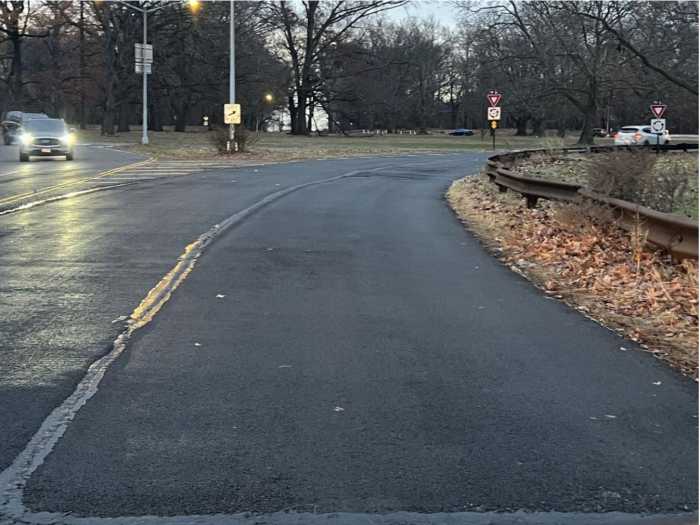North Carolina teenage boy delinquent in oral sex with girlfriend, but intercourse okay
It has been years since North Carolina revised its sex crime statutes to add a so-called Romeo & Juliet provision removing criminal penalties for consensual intercourse between teenagers less than three years apart in age, even when one is above the age of consent, the other below.
That reform, however, did not stop the intermediate level Court of Appeals there from refusing to apply its logic to the state’s sodomy law found in the Public Morality and Decency section of the North Carolina code. In a September 5 ruling, the court upheld a delinquency finding against a teenage boy who was under 15 at the time the offense occurred. The decision drew a strong dissenting opinion, and seems at odds with the recent ruling by the Supreme Court in Kansas that such Romeo & Juliet Laws must be applied on a non-discriminatory basis.
The defendant, identified in Judge Barbara Jackson’s opinion only by his initials, R.L.C., had known O.P.M. for several years and the couple was dating in the summer of 2003 when the girl was 12 and the boy, 14. While her parents bowled, the two youths would go out to their car and engage in both intercourse and oral sex in the back seat.
O.P.M. and R.L.C. stopped dating that fall. A year later when the girl and a another student got into a fight at school, she was questioned by Detective Bobby Baldwin of the Alamance County Sheriff’s Office, who learned of her sexual encounters with R.L.C. Baldwin summoned the boy for questioning, during which he admitted getting several “blowjobs” from O.P.M.
Incredibly, the sheriff referred the matter to the state attorney general’s office, and R.L.C. was charged with juvenile delinquency under the sodomy law.
In his defense, R.L.C.’s attorney argued that the state sodomy law had been declared unconstitutional weeks before the blowjobs in question occurred by the U.S. Supreme Court ruling in Lawrence v. Texas. The boy’s conduct instead was governed by the Romeo & Juliet law that protected him from criminal prosecution, R.L.C. maintained. Surely the Legislature had not intended to allow for intercourse between O.P.M. and R.L.C. but to criminalize their oral sex.
Alamance County District Judge G. Wayne Abernathy rejected that argument, adjudicated him a juvenile delinquent, placed him on six-months probation, and ordered that he have no contact with O.P.M.
In response to R.L.C.’s appeal, Judge Jackson focused on how narrowly the North Carolina courts have dealt with Lawrence v. Texas as a precedent—and the fact that the Legislature simply ignored it, leaving the ancient sodomy law, based on a 16th century British statute, intact. The law is aimed at “the crime against nature, with mankind or beast,” and originally carried a death sentence that was reduced to 60 years in prison in 1868.
In 2005, the North Carolina Court of Appeals ruled that in light of Lawrence the sodomy law could no longer be applied to cases of private consensual sex between adults, but remained in effect for sex involving minors and public sex.
Jackson contended that R.L.C. was guilty on both counts. Although courts generally try to make certain that different laws on similar matters are interpreted to avoid contradictions, she rejected the argument that the Romeo & Juliet law superceded the sodomy law since one was classified in the code under sex crimes and the other under public morality crimes.
Jackson also found that R.L.C. and O.P.M. were having sex in a “public place”—that is the back seat of a car in a bowling alley parking lot—even if none of the public saw them.
Judge Rick Elmore dissented, agreeing with R.L.C. that the two separate laws should be “harmonized if possible through a reasonable and fair construction.” Elmore also noted precedent that condemned judicial interpretations that lead to absurd results. If R.L.C. could not be prosecuted for consensual intercourse in that parked car, he should not be subject to prosecution for consensual oral sex, either, the judge reasoned.
Although this decision involved a heterosexual couple, it is critically important for gay youth in North Carolina, because it holds that the crime against nature statute remains in effect for them as well as their non-gay contemporaries, even as the other sex-crime statutes would not apply to vaginal intercourse between teens close in age.
R.L.C. is represented by a public appellate defender. Hopefully, the public defender’s office will see this issue as serious enough to warrant an application for review to the state’s Supreme Court.
gaycitynews.com


































